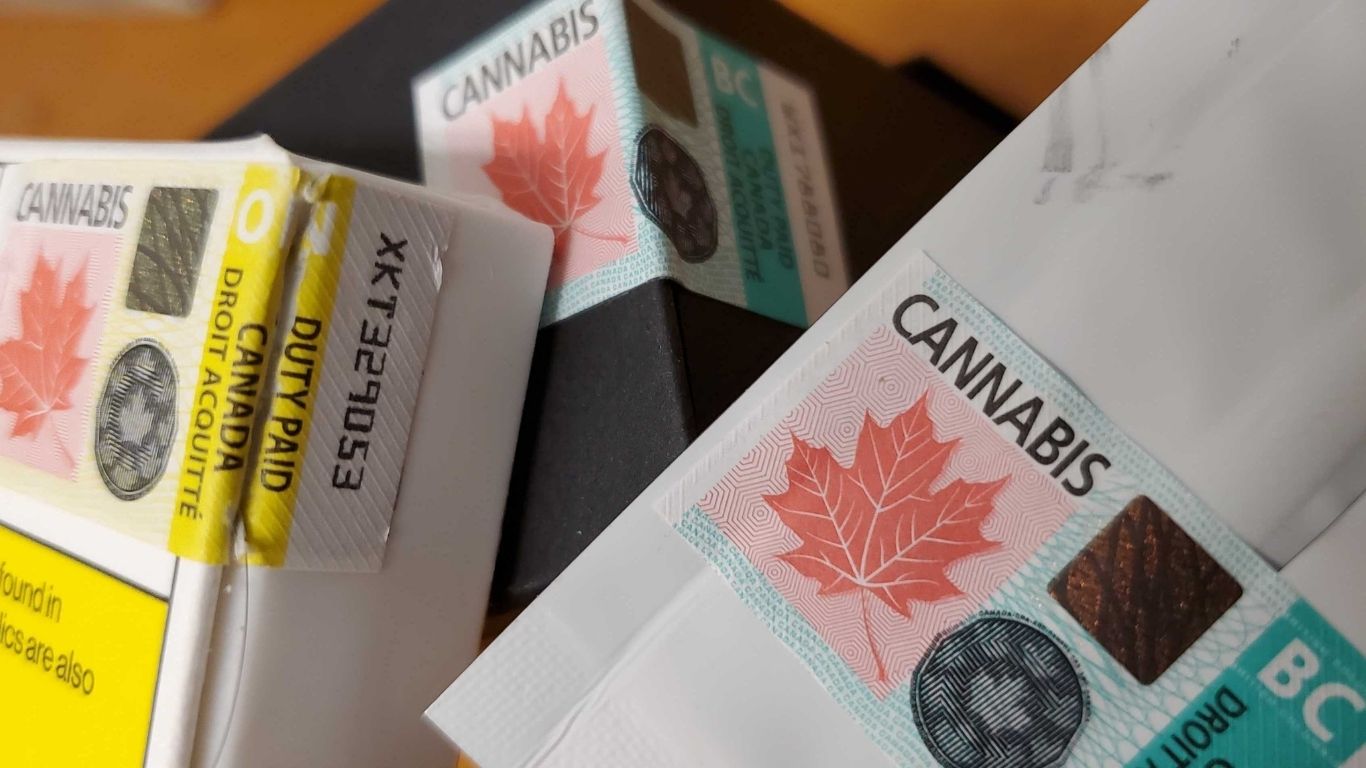Expert Panel Recommends Pharmacy Access and Tax Reforms for Canada’s Cannabis Sector
LOS ANGELES- An expert panel appointed by the government to review Canada’s Cannabis Act has proposed several key changes aimed at refining the nation’s adult-use legalization framework. After 18 months of deliberation, the panel released a final report encompassing 54 recommendations and various observations for federal consideration. Among the notable suggestions is enabling pharmacy distribution for medical cannabis and reevaluating the application of excise tax on recreational products.
This recommendation arrives amidst industry calls for greater access and reform, particularly highlighted by Shoppers Drug Mart, Canada’s largest pharmacy chain, which has been advocating for the right to sell medical cannabis products. While some recommendations align with industry expectations, others have drawn criticism for not addressing core issues. Notably, the panel’s advice to retain the 10-milligram THC limit per edibles package has been contested by businesses, arguing it inadvertently benefits the illicit market.
The report also sheds light on the unique challenges and barriers faced by First Nations, Inuit, and Métis communities, underscoring the need for equitable economic development opportunities and improved public health and safety measures. The lack of binding commitment from the federal government on the panel’s recommendations raises questions about the extent to which these proposals will be implemented.
A significant portion of the report focuses on excise tax reform, suggesting a “review” by Finance Canada of the current tax model in light of the decreased average price of cannabis since legalization. The panel advocates for a tax structure that imposes higher rates on products with greater potency and recommends developing an excise tax-sharing framework with First Nations, along with reevaluating the tax’s application to medical cannabis.
As the federal budget announcement approaches, industry insiders are hopeful for excise tax reform, aligning with the House of Commons’ Standing Committee on Finance’s recommendations for a duty limited to a 10% ad valorem rate. Canopy Growth Corp.’s CEO, David Klein, echoed the sentiment, emphasizing the need for urgent government action on excise tax issues affecting the industry.
The panel’s push for pharmacy access marks a significant potential shift, proposing that Health Canada allows pharmacies to distribute cannabis to medically authorized patients. This move, aimed at improving patient care and access, could align Canada’s medical cannabis distribution more closely with international practices, where pharmacies typically handle such responsibilities.
Furthermore, the report urges Health Canada to integrate cannabis into standard drug-approval pathways, emphasizing the importance of treating cannabis as part of conventional medical care. This includes prioritizing the development of a pathway for cannabis health products containing CBD, addressing the current regulatory gap for CBD products.
The recommendations have received mixed reactions from the Canadian cannabis industry, with some leaders calling for more substantial changes to address the sector’s macroeconomic challenges. The industry seeks immediate action, particularly regarding excise duty relief, to enhance the sector’s viability and competitiveness against the illicit market.
As the government contemplates these recommendations, the future of Canada’s cannabis framework hangs in balance, with potential reforms poised to reshape the industry’s landscape, from taxation to medical access and beyond.



































